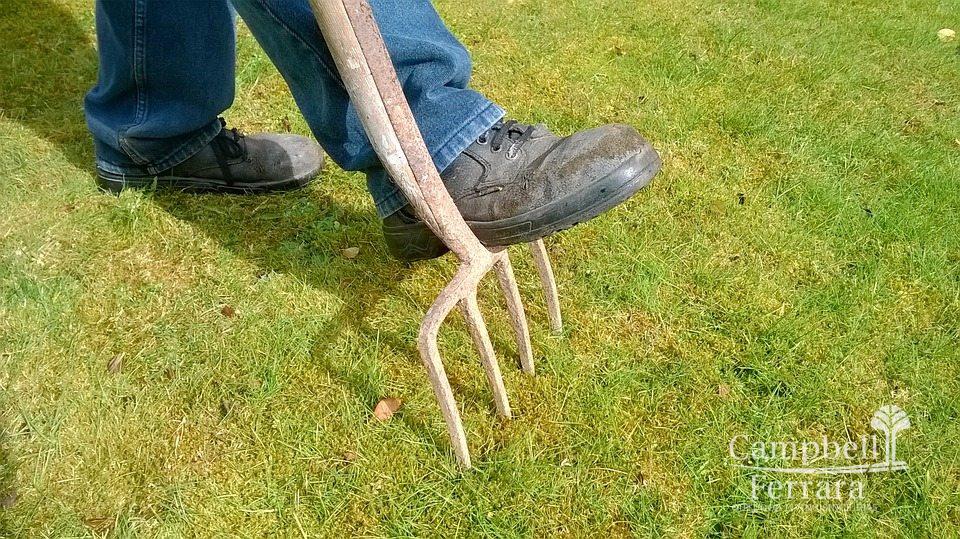
The cold winter months are quickly approaching. As the winter months draw near, many wrongly assume that lawn care isn’t necessary – that the lawn will just take care of itself. Unfortunately, your lawn can suffer from severe damage from the cold. As a result, it is necessary to implement a number of lawn care strategies to prevent damage from occurring.
By following the below tips, you’ll be able to enjoy your lush and beautiful lawn once spring comes around. In addition, you’ll find much less work and effort involved in caring for your lawn during the spring.
Keep Watering Your Lawn
First and foremost, if you are fortunate enough to live in a climate that snows, you really don’t need to keep watering your lawn. Not only due to impossibility, but also because the snow itself is sufficient to keep your lawn moist throughout the winter.
On the other hand, if you live in a climate that is cold, but lacks snow, you should continue to water your lawn. By watering your lawn, you’ll be able to ensure that the ground’s moisture levels remain consistent so that your grass can crow healthy in the springtime.
Continue to Mow the Lawn
Some climates make it impossible to continue mowing throughout the fall, but if you live in a climate where your lawn is still flourishing, then you need to keep on mowing. Essentially, the general rule of thumb is that you should continue mowing your lawn until the blades slow in growth. Usually, the slowdown is obvious because the grass simply doesn’t grow at the same rate that it did before the cold set in.
Don’t Forget to Aerate the Lawn
Another useful maintenance tip before winter sets in is to aerate your lawn. Aeration is the process of digging holes in the lawn and removing the soil. The purpose of this maintenance strategy is to ensure that fertilizer, moisture, and air are able to infiltrate the grass to keep it heathy. In addition to aeration, you should also remove the weeds from your lawn.
While you can certainly use spray-on weed killer, a better option is to use an organic approach. There are dozens of organic weed killers on the market. By using organic, you can ensure that your lawn is a pesticide-free area, which makes it safer for you and your family.
Remove the Leaves
If you have large trees on your lawn whose leaves tend to fall and disburse in the fall, you may want to consider raking up those fallen leaves. If left, the leaves have a tendency to develop mold and disease, which then spreads to the grass itself. In addition, other items such as cleaning tools and bags can also cause harm to your grass over the winter months.
Essentially, the best thing you can do is to make sure that your lawn is clear from leaves and debris so that it can breathe well over the winter months.
Once the winter months have set upon your garden, you can learn the Dos and Don’ts when it comes to pruning! Read more here.






